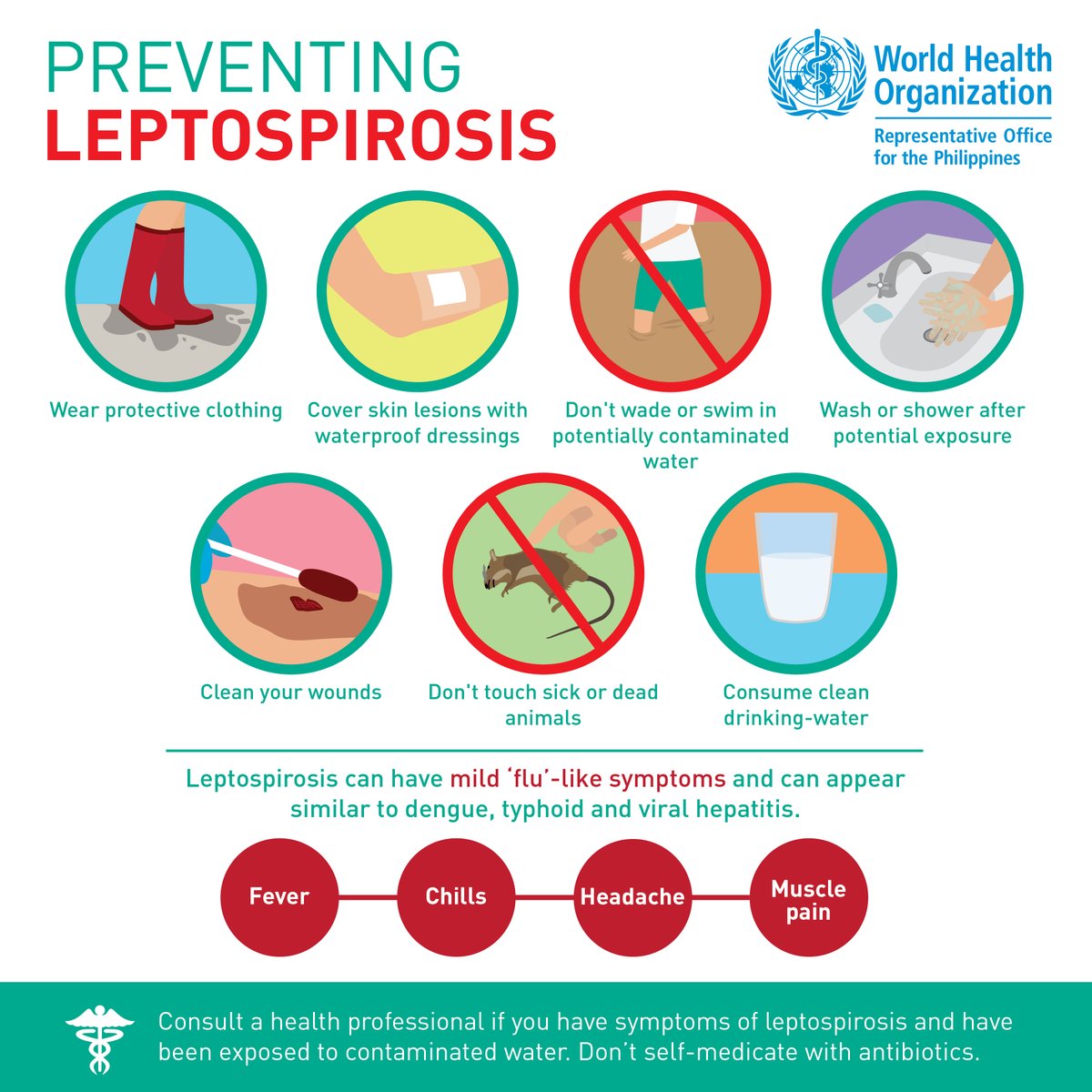- Courses
- GS Full Course 1 Year
- GS Full Course 2 Year
- GS Full Course 3 Year
- GS Full Course Till Selection
- Answer Alpha: Mains 2025 Mentorship
- MEP (Mains Enrichment Programme) Data, Facts
- Essay Target – 150+ Marks
- Online Program
- GS Recorded Course
- Polity
- Geography
- Economy
- Ancient, Medieval and Art & Culture AMAC
- Modern India, Post Independence & World History
- Environment
- Governance
- Science & Technology
- International Relations and Internal Security
- Disaster Management
- Ethics
- NCERT Current Affairs
- Indian Society and Social Issue
- NCERT- Science and Technology
- NCERT - Geography
- NCERT - Ancient History
- NCERT- World History
- NCERT Modern History
- CSAT
- 5 LAYERED ARJUNA Mentorship
- Public Administration Optional
- ABOUT US
- OUR TOPPERS
- TEST SERIES
- FREE STUDY MATERIAL
- VIDEOS
- CONTACT US
DENGUE AND LEPTOSPIROSIS OUTBREAKS
DENGUE AND LEPTOSPIROSIS OUTBREAKS
21-06-2023


Latest Context
Leptospirosis is a bacterial infection that can be lethal and has grown increasingly common during the monsoon season. It is a serious occupational hazard for people who work in agricultural settings or in sanitary services that expose them to contaminated water.
- In addition, public health experts are raising the alarm over a potential severe dengue epidemic and stressing the necessity of increased clinical and virological surveillance. Changes in the serotypes of the dengue virus (DENV) in circulation may cause more severe and perhaps fatal symptoms.
- In 2022, 70% of dengue case samples were DENV3, with few instances of DENV4 according to the Thiruvananthapuram district in Kerala.
What is Leptospirosis?
- The bacteria Leptospira interrogans, which mostly lives in the urine of infected animals, is the main causes leptospirosis.
- The disease is spread by both domestic and wild animals, such as rats, cattle, pigs, and dogs.
- Symptoms:
- Leptospirosis symptoms can range from a minor flu-like sickness to serious illnesses that can be fatal.
- Sudden fever, chills, and headache are typical symptoms, however sometimes there are none at all.
- Organ dysfunction that affects the liver, kidneys, lungs, and brain can result from severe instances.
- Transmission:
- Leptospira is first released into the environment by infected animals' urine.
- Risky situations include direct contact with infected animal urine and indirect contact with contaminated soil and water.
- Leptospirosis is more likely to spread to those who have wounds or abrasions on their skin.
- Prevention:
- Animal infection prevention, to stop the spread of leptospirosis and lessen financial losses for farmers, hygienic animal-keeping practises, effective waste management, and better sanitation facilities are crucial.
- Controlling leptospirosis requires a "One Health" strategy, which takes into account how linked human, animal, plant, and environmental health are.
- Misconceptions About Leptospirosis:
- Leptospirosis may be spread through a variety of animal reservoir hosts, therefore the prevalent assumption that it only affects rats is untrue.
Facts about Dengue
- Dengue is a mosquito-borne tropical disease caused by the dengue virus (Genus Flavivirus), transmitted by several species of mosquito within the genus Aedes, principally Aedes aegypti.
- Additionally, this mosquito spreads the Zika and chikungunya viruses.
- Serotypes of Dengue:
- The virus that causes dengue has 4 different but closely related serotypes (separate groups within a species of microorganisms that all share a certain trait). These are DEN-1, DEN-2, DEN-3, and DEN-4.
- Symptoms:
- Severe bone, joint, and, muscle pain, pain behind the eyes, Sudden high fever, severe headaches etc.
- Dengue Vaccine:
- The first and only dengue fever DNA vaccine candidate in India has been created by scientists at India's National Centre for Biological Sciences in partnership with nine other universities in India, Africa, and the US.
- The first dengue vaccine to receive regulatory approval in the US was the CYD-TDV or Dengvaxia, which was licenced by the US Food & Drug Administration in 2019.
- In essence, Dengvaxia is a live, attenuated dengue virus that must be delivered to individuals aged 9 to 16 who have had a prior dengue infection that has been verified in a laboratory and who reside in an endemic region.
- Challenges in Vaccine Development:
- The four serotypes of the dengue virus, which are closely related, each interact with antibodies differently, making the development of an effective vaccination for the disease difficult. An ideal vaccination should prevent antibody-dependent enhancement (ADE), in which antibodies help the virus spread and cause serious illness, while still targeting all serotypes.

Prelims
Q. Which of the following diseases can be transmitted from one person to another through tattooing? (2013)
- Chikungunya
- Hepatitis B
- HIV-AIDS
Select the correct answer using the codes given below:
(a) 1 only
(b) 2 and 3 only
(c) 1 and 3 only
(d) 1, 2 and 3
Ans: (b)



